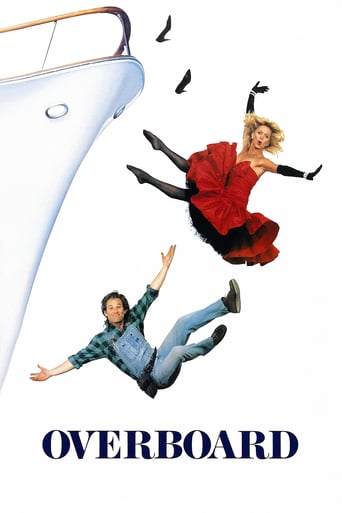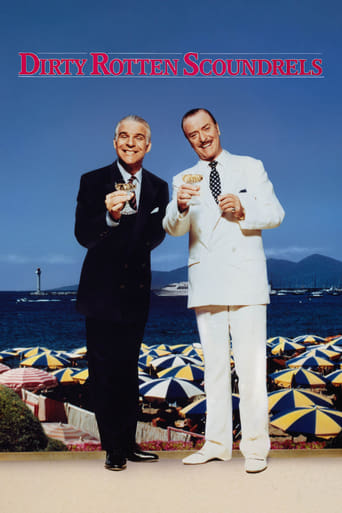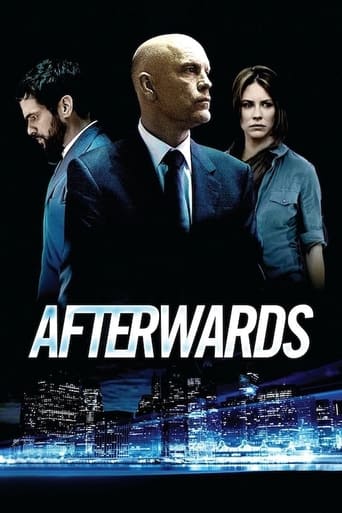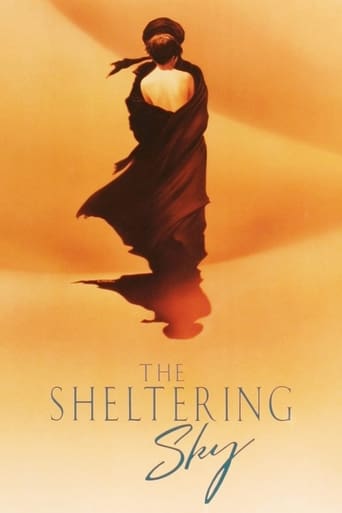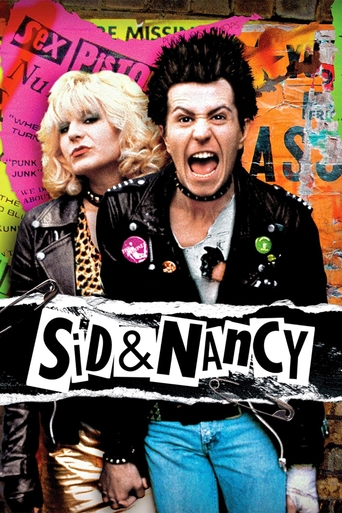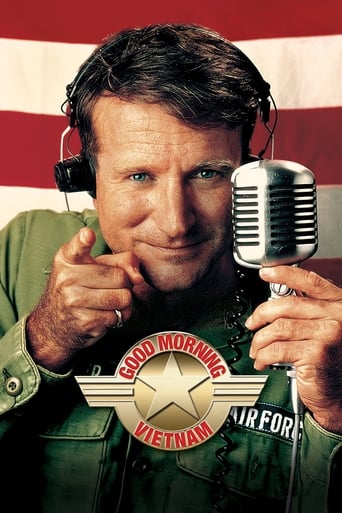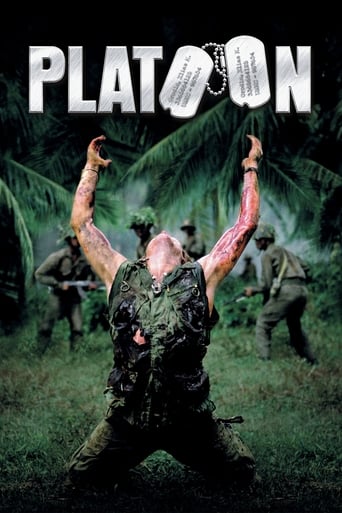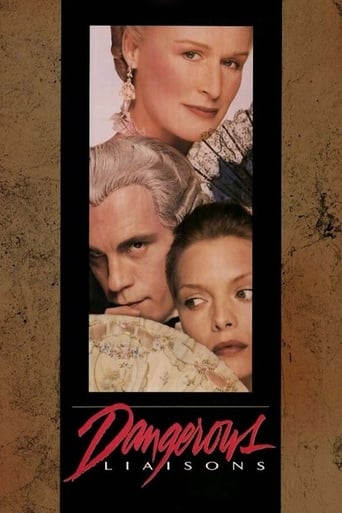


The Last Emperor
A dramatic history of Pu Yi, the last of the Emperors of China, from his lofty birth and brief reign in the Forbidden City, the object of worship by half a billion people; through his abdication, his decline and dissolute lifestyle; his exploitation by the invading Japanese, and finally to his obscure existence as just another peasant worker in the People's Republic.
-
- Cast:
- John Lone , Joan Chen , Peter O'Toole , Ruocheng Ying , Victor Wong , Dennis Dun , Ryuichi Sakamoto


Similar titles


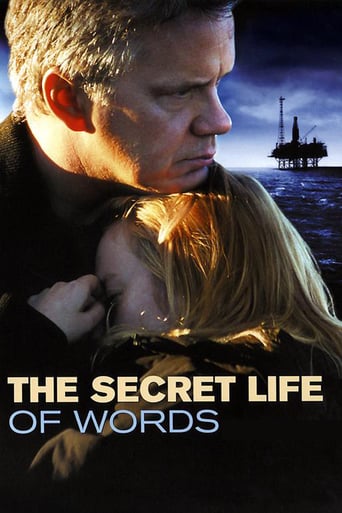
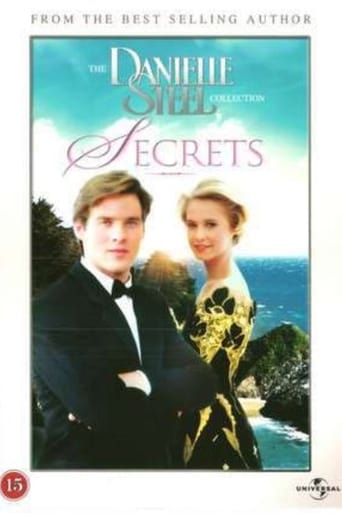
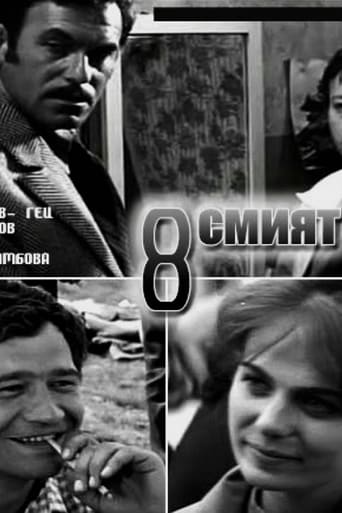



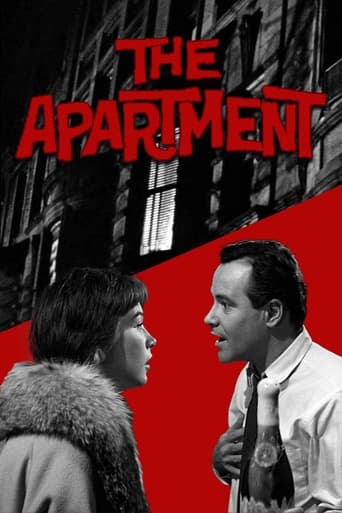

Reviews
Terrible acting, screenplay and direction.
Powerful
This movie was so-so. It had it's moments, but wasn't the greatest.
The film never slows down or bores, plunging from one harrowing sequence to the next.
The Last Emperor is a upsetting drama about a man who spent his whole life in a cage, being someone's puppet. He grew up in the Forbidden City, where he played the leading role in a theater without an audience. He was raised and educated to regard himself as a sublime creature, but the cage is a cage even if it is made of gold. When communists took power in China, he gets asylum from Japan, where he continues to maintain the illusion of Emperor while being a Japanese marionette. When the Russians liberate Manchuria, he ends up in prison where he finally begins to grasp the world around him as it really is.Under the baton of Bernardo Bertolucci was born a movie which was nominated for nine Oscars and won all nine. It takes almost three hours, it's slow and not so entertaining, but the depth and strength of this drama does not leave room for boredom. This film is both technically and essentially excellent and I recommend to everyone who did not watch it to make up for that failure.8/10During the film, I had the impression that some parts of it were very familiar, as if I had already watched it, and I'm sure I didn't. It was only on the last scene that I discovered why, because the loan was so large that it could not go unnoticed. Korean film The Last Princess was apparently created after the model of this film. The titles of the films are almost identical, the story has a lot of similarities, and the end of The Last Princess is almost copied from The Last Emperor. The fact is that the stories of the last Korean princess and the last Chinese Emperor by their very nature must have some similarities, but the similarity of these two films is too large to be attributed to coincidence. All other similarities could be accidental, but the end is definitely rip off.
People watching "The Last Emperor" usually fall into two camps: one group who are smitten by the spectacle, lavish customs and costumes of the foreign culture; and those who find the movie wanting. I'm sorry to say I belong to the second camp.This movie comes across as a heavily exoticized melodrama, sans nuances, of the last emperor of China, Henry Pu Yi, who had a Scotsman for a tutor, lived through the demise of his Chinese/Manchurian empire, then tried to set up a new Manchukuo in China's northeast but in the end was turned into a puppet ruler by the Japanese imperialists. He eventually became a lowly gardener, reformed in a Communist labor camp.While the spectacle grand, the costumes and sets beautifully designed, and the film lavishly lensed by cinematographer Vittorio Storaro, what remains of the film is not enough to coalesce into an integrated artistic whole. "The Last Emperor" comes across as one of those exotic breed of western films which are there solely to pander to western tastes, penned by a western writer with little knowledge of Chinese or Manchu culture. It will win many awards at the Oscars, but is ultimately no better than a soulless cardboard pastiche of the real thing.First off, what's with the use of pidgin English dialogue? Out of the respect for the culture the movie really ought to be shot in the Mandarin language, not in some foreignized pidgin version of that Chinese tongue. Much of it sounds like it was dubbed during the days of Fu Manchu when China was heavily stereotyped by the West. Does this film go any further than perpetuate this stereotype?Secondly, the director shines too much of a magnifying glass over the Chinese/Manchu culture, yet many aspects coming across as inaccurate or over-fetishized. What's with the lolling breasts of Pu Yi's young nanny, her nipples constantly exposed, or his wife's translucent see-through negligee? Or the lesbian Manchurian spy nibbling the toes of her imperial mistress? They don't add anything to the narrative. And who would step into the imperial bedroom without being announced?The film is also not nuanced in its depiction of China or the people and personalities who interact with the emperor at that time. The only enlightened person is Pu Yi's Scots tutor, who introduced to him a bicycle. The consorts are a bunch of useless, tittering old hags, the Communists are largely berating, the rest of China is anonymous, largely devoid of personality. Even the prison interrogator is played with nauseating Maoist overtones by a Mao lookalike, complete with perfumed make-up and intimidating gestures.Only one or two characters from this epic drama turn the head, the prison warden is one, and Pu Yi's wife the Empress another. But the screenwriters don't develop the back stories much, which is really a shame.One good thing is the casting. The child actors playing Pu Yi are uniformly superb. John Lone too is excellent playing the lonely but manipulated emperor. Joan Chen acquits herself adequately as the empress. Given the fact they are heavily handicapped by a lackluster script, they have done well.The best part of the movie comes at the end, when Pu Yi witnesses the castigation of his prison warden during the Cultural Revolution, then gives a young red cadet a cricket canister hidden behind his Forbidden City throne. It gives a tantalizing view on what might have been if the screenwriter and the director decided to develop the script in a more nuanced manner. Yes, "The Last Emperor" may depict successfully a sad, lonely monarch of a crumbling empire, but much of it also comes across as exoticized and foreignized. And the payoff at the end is simply not enough.
I watched the film three months ago.As a Chinese middle school student even I had never know the film before I watched it. I visited the Puppet Manchurian Palace when I was 12.Actually I want go there once again.At that time I even don't know who Pu Yi is.During this film I learned something about Pu Yi.He got lots of valuables and a country when he was three,then he grew up and could not control them.He did something want turn the tide.But all the things that he did were so weak.like the dust in the wind.They has gone with the wind. At the end of the film.I was touched.His life was striking one snag after another.He seems to me is the great historical personage.I hope the film will being brought back in China.
This is a film that is unfairly ignored in the list of the best films ever made. Despite receiving nine Oscars it 1989, it receives little to no attention. There are a few reasons I can think of off the top of my head. The first is that it is a slower and longer movie, and there is not a lot of action or melodrama to break it up, turning off some people. The second is that it was made by Bernado Bertolucci, who is not particularly well-liked in Hollywood for reasons that date back to the movie that made him famous, The Last Tango in Paris, as well as for his hatred of the system.But it is nonetheless one of the most striking and evocative historical epics ever put to film. Some films are ashamed to be connected with actual history. While this is not inherently negative, there is something to be said about a film embracing the history that inspired it. Art and history are often at each other's throats, but they do not have to be. One can piggyback off the other.The only film I can compare to this is Lawrence of Arabia. That film is slightly better than this one, but both are sprawling epics that make you feel like you're in the front of a roller-coaster that's rushing through the past. While that film is more ambitious and better-acted, I actually personally prefer this one more. It's involving and atmospheric and one of the best-shot movies of the century. Every time I pop it in, I am enraptured.There is so much work put into every scene. The makeup, the art direction, the style; this is dedication incarnate. The Last Emperor is like The Lord of the Rings or Titanic: you may not like these movies, but you have to respect how much work went into them on every front imaginable. There are times when I can't believe what I'm seeing wasn't made for quick on the computer, but then I notice how real it all seems.The plot is simple and not the focus. John Lone (as well as a few other actors of varying age) plays Puyi, the titular 'Last Emperor'. Taking the throne as a toddler, Puyi is sheltered from the rapidly changing world around him until he can be sheltered no more and is thrown from power by the Chinese Communists, who take him to a 'political rehabilitation' camp.A lot happens in this movie, but there are not a lot of twists and turns. You just sink in to the movie, sink in to this atmosphere. Breathe in, breathe out. Some people might be bored, but the movie is not boring. Sixty years are covered; sixty of the most interesting years in history. That is not just enough to fill three hours; that is enough to make those three hours interesting. This is the kind of film that you originally only plan to throw on for an hour or so at a time, but grabs you and pulls you in and persuades you watch the rest of it.Interesting fact: this film did not even enter the top 5 at the box office until its twenty-second weekend of release, the weekend after it won Best Picture. That is... really rare. I know this was the eighties, when films hung around the box office as long as that wet smell hangs around a dog, but this was still not common in the least. If not for this unexpected boost, it would be alongside The English Patient, Amadeus, and The Hurt Locker.I cannot believe a film like this was independently funded, but it was. I don't know which is more incredible, the fact that they were able to reach 23.8 million in funds or that a film of this scale was made for that cost. Either way, the fact that this film exists is almost as remarkable as the film itself.Almost.What I love most about this film is how it is able to make you feel a rainbow of emotions by doing very little. The acting and the camera work and the music make you feel what the character is feeling without having to sit through gobs of unnecessary dialogue. There are few better cases for the power of cinema than The Last Emperor.You feel how sheltered he is, and how utopic they are trying to make the palace. You feel how depressed and trapped he is, especially as he grows older. You feel how confused and angered he is when he is forced by his advisors to adopt the old customs even as the world is rapidly changing. You feel his disappointment as he is deprived of a chance to rule just as he is shaped into a good ruler.And without those gobs of unnecessary dialogue, time is freed up for important things, like fleshing out the world in which Puyi lives. With all the clever behind-the-camera work, it doesn't quite feel like a real place but rather like a enhanced, dreamy version of a real place, which I think the effect that they were going for. If it wasn't, then the people who made this stumbled onto genius: this pseudo-surreality makes it seem like a vision that is receding with every passing day, that is quickly fading out of the present into the history books.Kudos to the filmmakers for bringing this story to the masses. Double kudos for going all out and sparing no expense. Triple kudos for making one of the best films of all time.

